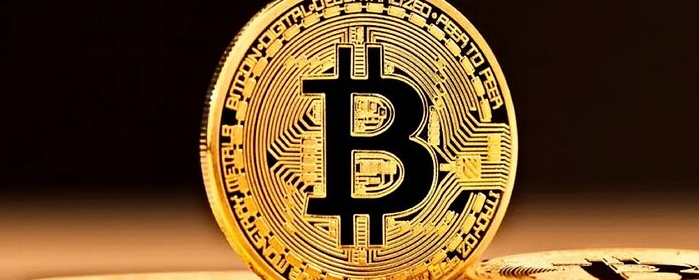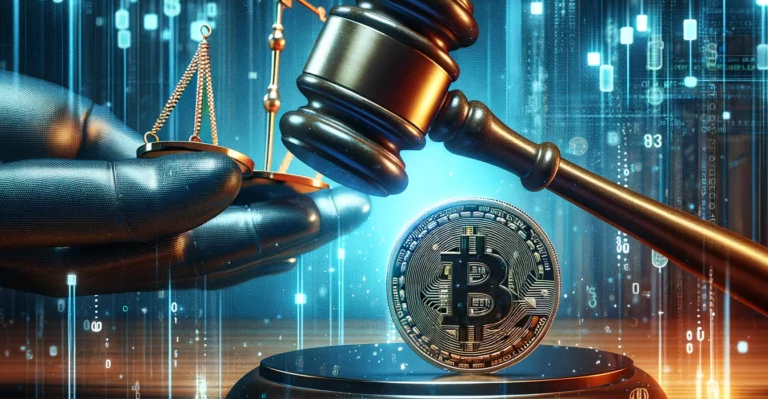TL;DR
- James Howells loses the lawsuit to recover a hard drive with 8,000 Bitcoin, currently valued at $740 million, after a legal battle lasting over 12 years.
- The judge ruled there were no “reasonable grounds” to proceed with the case, despite the potential benefits it could have generated for the local community.
- Newport City Council rejected excavation requests due to environmental concerns, citing ecological risks and negative impacts on the Docksway landfill ecosystem.
The British citizen James Howells has lost his prolonged legal battle to recover a hard drive he accidentally threw away in a landfill in 2013. This device contains 8,000 Bitcoin, now worth approximately $740 million, making it one of the most significant cases of cryptocurrency loss in modern financial history and highlighting the challenges surrounding digital asset recovery.
In his ruling, Judge Keyser KC, responsible for the Commercial Circuit Court in Wales, stated there were no “reasonable grounds” for the case to succeed in a full trial. Howells had filed a lawsuit against Newport City Council in October, seeking $646 million in damages after years of failed attempts to gain permission to excavate the Docksway landfill, where the hard drive is believed to be buried.
A Lost Hard Drive and an Unreachable Fortune
In 2013, during a household cleanup, Howells confused two similar hard drives: one empty and the other containing the Bitcoin he had mined in 2009. Unknowingly, he discarded the drive with the digital assets, which ended up in a Newport landfill. At the time, its value was approximately $1.3 million; today, it exceeds $740 million due to the exponential rise in Bitcoin’s price over the past decade, underscoring the potential wealth locked away in forgotten digital storage.
For 12 years, Howells tried to persuade Newport City Council to let him search for the hard drive, even offering to cover excavation costs using modern techniques and ensuring the environmental safety of the process. However, the council rejected all requests, citing ecological concerns and the potential negative impact on local flora and fauna.

According to court documents, the hard drive may be located in Cell 2, Area 2 of the landfill. Despite Howells’ lawyers arguing that the recovery could bring massive economic benefits to the community, the council maintained its firm stance.
The ruling comes at a critical time for Bitcoin, which surpassed $100,000 for the first time in early December, reaching an all-time high of $108,000. This decision not only frustrates Howells, who said he felt deeply disappointed and disheartened, but also sets a precedent for handling legal disputes involving cryptocurrencies and environmental considerations.

